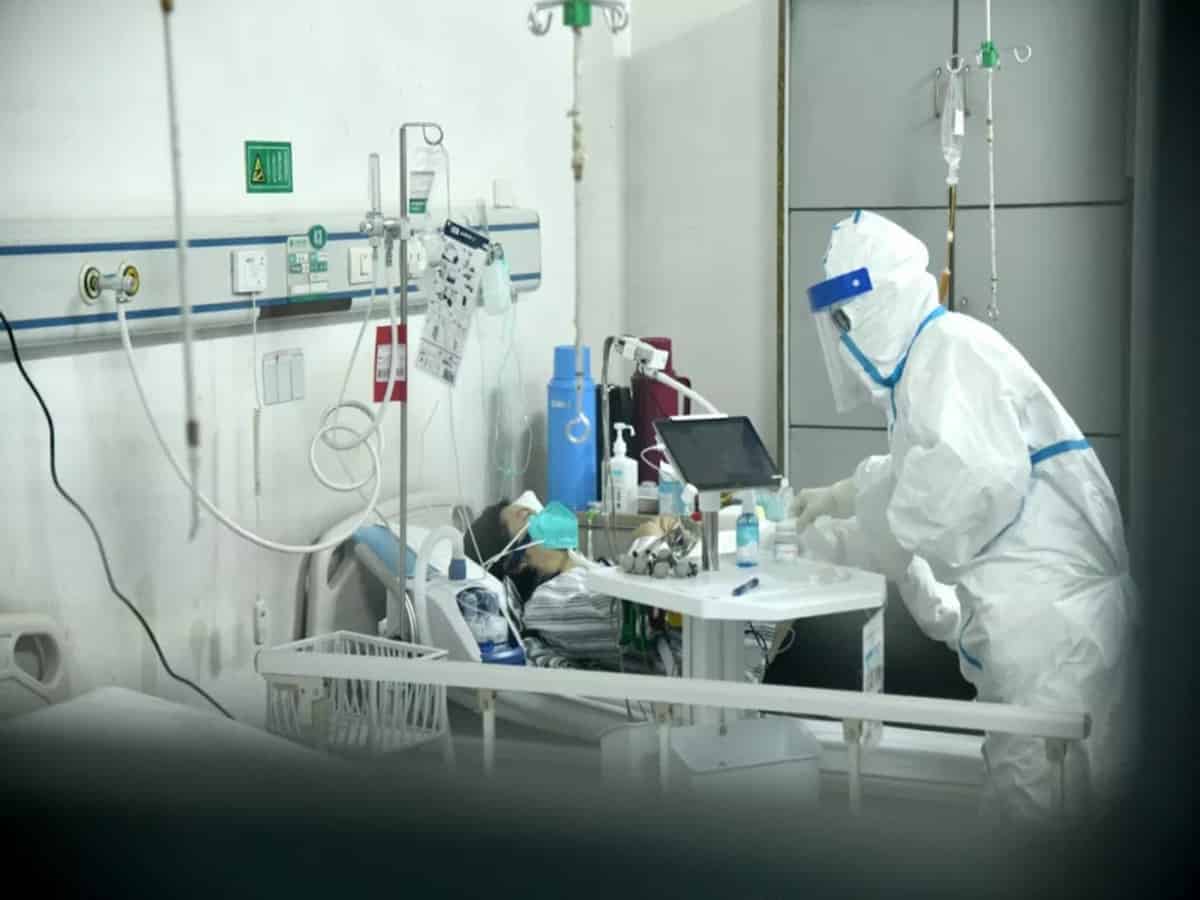Kathmandu: Nepal’s Ministry of Health and Population has confirmed the first case of coronavirus after the examination of bodily fluid of a student, who recently came back from Wuhan, China.
“It is hereby informed that Nepali national, who was back from Wuhan region of China, has been tested positive for the virus after preliminary tests and final confirmation from the WHO Collaborating Center in Hong Kong,” a release from the Health Ministry stated.
Nepal is the sixth nation in the world, where the case of the virus has been confirmed.
The statement further said that previously suspected person is kept under observation and those who came under his contact are being identified.
“Those who came into the contact of the infected ones are being searched, identified and tested for it,” the release said.
The infected person, 30-year old PhD student was quarantined at Sukraraj Tropical Hospital for about five days and was discharged on the 17th of this month.
The sample of his bodily fluids was sent to Hong Kong after his discharge confirmed him to be infected with the new strains of the SARS-like virus.
Virus has no vaccine
The virus, which has no effective vaccine, was reported on January 16 in Japan, the first case outside China and its territories.
Thailand reported a total of four cases on January 22. Taiwan and the US have also confirmed one case each.
Coronaviruses (nCoV) are a large family of viruses that cause illness ranging from the common cold to more severe diseases such as Middle East Respiratory Syndrome (MERS-CoV) and Severe Acute Respiratory Syndrome (SARS-CoV). A novel coronavirus is a new strain that has not been previously identified in humans.
Coronaviruses are zoonotic, meaning they are transmitted between animals and people. Detailed investigations found that SARS-CoV was transmitted from civet cats to humans and MERS-CoV from dromedary camels to humans.
Signs of infection
Common signs of infection include respiratory symptoms, fever, cough, shortness of breath and breathing difficulties. In more severe cases, the infection can cause pneumonia, severe acute respiratory syndrome, kidney failure, and even death.
Standard recommendations to prevent infection spread include regular hand washing, covering mouth and nose when coughing and sneezing, thoroughly cooking meat and eggs. Avoid close contact with anyone showing symptoms of respiratory illness such as coughing and sneezing.

